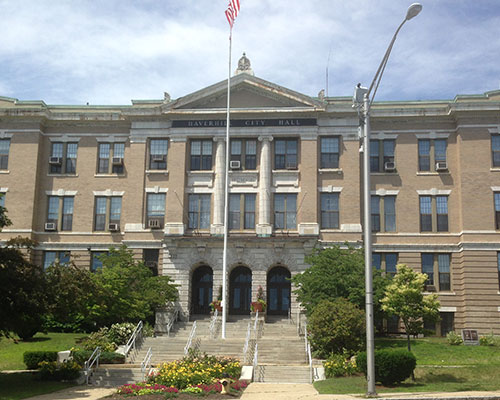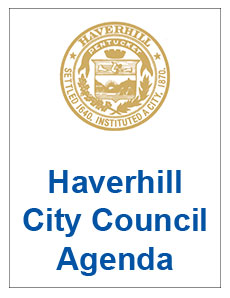After a two-week delay, city councilors will decide Tuesday whether to tax residential and commercial businesses at different percentages, and what those percentages will be. This annual exercise is known as the tax classification hearing.
The resulting vote will determine property tax rates for Fiscal Year 2018.
The City Council meets at 7 p.m. in the Theodore A. Pelosi Jr. City Council Chambers on the second floor at Haverhill City Hall. The meeting is open to the public.
According to former Assessor Stephen C. Gullo, the value of residential properties rose in greater proportion than commercial and industrial properties in the past year, meaning the tax burden on homeowners would increase while decreasing on commercial properties — unless councilors were to change the proportions at which each property type is taxed.
Currently, the city’s tax factor is 157. The higher the factor, the smaller the burden on homeowners.
Councilors will likely be presented with a request to increase the residential factor to 158, which would reduce the residential property tax rate from $14.99 per $1,000 in valuation to $14.34. The commercial rate would fall from $26.43 to $25.12. But because property values have increased, the reduced rates will not create smaller tax bills. In fact, the owner of the average Haverhill home would pay an additional $105 while the average commercial tax bill would increase $331. The total tax bill for the average industrial property would fall by $105, according to information supplied by the Assessor’s Office.
However, Mayor James J. Fiorentini has notified the council that he plans to use $1 million of $10.8 million in free cash to reduce the total amount of money needed to meet the expenses of running the city, known as the tax levy.
That action, combined with a 1 point increase of the classification factor, would further reduce both residential and commercial tax rates to 14.20 and $24.87, respectively. The annual increases on the average property in each class would be $62 for residential and $174 for commercial. The bill on the average industrial property would fall by $359 for the year.

